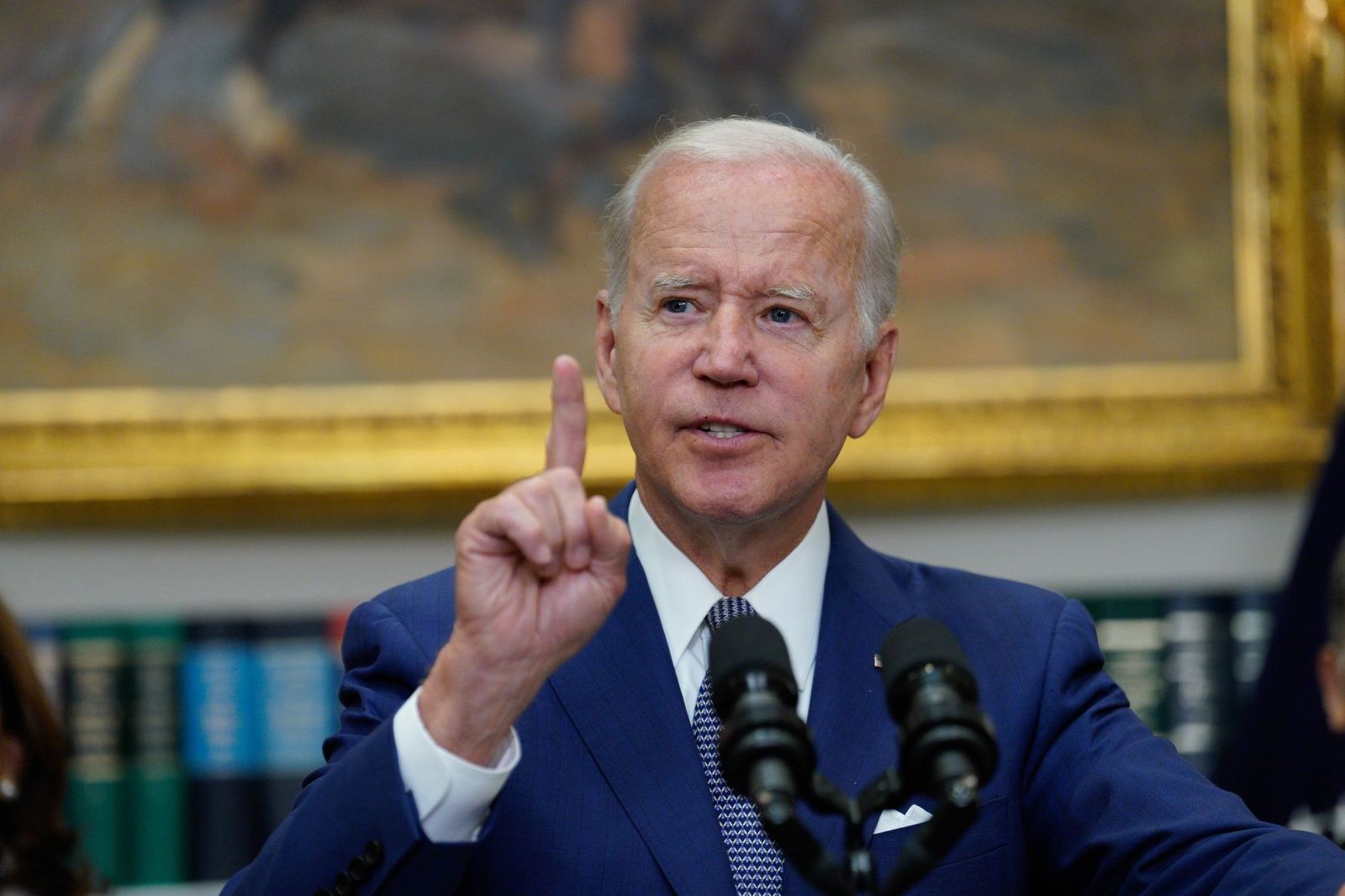China's AI Rise: Nvidia CEO Jensen Huang Sounds The Alarm

Table of Contents
Jensen Huang's Concerns about China's AI Development
Jensen Huang's concerns aren't based on unfounded speculation. His warnings stem from observing China's remarkable progress in several key AI sectors. He's highlighted China's significant strides in areas crucial for AI development, expressing worries about their potential to surpass the US in the near future.
- Supercomputing Capabilities: China's investment in high-performance computing infrastructure, including its development of supercomputers, gives it a significant advantage in training large AI models. This translates to faster development cycles and potentially more powerful AI systems.
- AI Chip Development: China is actively developing its own AI chips, aiming to reduce its reliance on foreign technology, particularly from companies like Nvidia itself. This move signifies a strategic attempt to control its AI destiny.
- AI Applications in Specific Sectors: Huang has pointed to remarkable advancements in specific AI applications within China, including facial recognition, surveillance technology, and other areas with potential military and commercial applications. This rapid deployment showcases China's ability to translate research into practical applications.
- Data Availability and Utilization: The sheer volume of data generated within China, coupled with increasingly sophisticated data management and analytics techniques, provides a massive fuel source for AI development.
China's Investments and Government Support in AI
China's remarkable AI progress is not accidental. It's the result of massive, government-backed investment and strategic planning. The nation's commitment to becoming a global AI leader is evident in its policies and actions.
- Made in China 2025: This ambitious government initiative explicitly aims to elevate China's technological capabilities, including AI, to world-leading status. It provides significant funding and policy support for AI research and development.
- Massive Funding: Billions of dollars are poured annually into AI research and development by both the government and private sector companies. This financial commitment fuels innovation and attracts top talent.
- Tech Giants Leading the Charge: Chinese tech giants like Alibaba, Tencent, and Baidu are at the forefront of AI innovation, investing heavily in research, development, and the deployment of AI-powered products and services. Their resources and expertise contribute significantly to China's AI capabilities.
The Geopolitical Implications of China's AI Progress
China's growing AI power has profound geopolitical implications. The race for AI dominance is not simply a technological competition; it carries significant strategic and security ramifications.
- Global Technology Leadership: The outcome of this AI race will significantly influence global technological leadership, potentially shifting the balance of power.
- Technological Competition and Conflict: The intense competition could lead to technological arms races, raising concerns about potential conflicts or unintended consequences.
- Data Security and Privacy: The increasing use of AI in surveillance and data collection raises serious concerns about data security and privacy, both within China and globally.
- Ethical Considerations: The rapid advancement of AI in China raises ethical concerns regarding its applications, especially in areas such as facial recognition and social credit systems.
Nvidia's Position and Response to China's AI Advancements
Nvidia, a key player in the AI hardware market, finds itself navigating a complex relationship with China. Its advanced GPUs are crucial for training AI models, and China is a significant market for Nvidia.
- Business Dealings with China: Nvidia maintains significant business operations in China, but also faces increasing scrutiny and potential regulatory hurdles.
- Maintaining Competitive Edge: Nvidia continues investing heavily in research and development to maintain its technological edge, developing increasingly powerful GPUs to stay ahead of competitors.
- Strategic Adjustments: The intense competition from China is forcing Nvidia to adjust its strategy, focusing on innovation and adapting to the changing geopolitical landscape.
The Future of the US-China AI Race
Predicting the future of the US-China AI race is challenging, but experts suggest it will be a prolonged and intense competition. The next decade will likely see both nations continue to invest heavily in AI research and development, leading to further advancements and potential shifts in global technological leadership. The outcome will depend on factors such as sustained innovation, government policies, and talent acquisition.
Conclusion: Understanding the Implications of China's AI Rise
Jensen Huang's concerns highlight the dramatic and rapidly evolving nature of China's AI rise. China's significant investments, government support, and rapid technological advancements present significant challenges to the existing global technological order. Understanding the implications of this rise is crucial for navigating the complexities of future technological leadership and geopolitical stability. Are you prepared to stay informed about this crucial development and its impact on the future? Continue your research into the ongoing advancements in China's AI sector and the global implications of this technological race.

Featured Posts
-
 How Trumps America First Policies Affect Harvard
May 30, 2025
How Trumps America First Policies Affect Harvard
May 30, 2025 -
 Jon Jones Vs Tom Aspinall Gustafssons Take On The Fight
May 30, 2025
Jon Jones Vs Tom Aspinall Gustafssons Take On The Fight
May 30, 2025 -
 Riesgo Vs Recompensa En Las Carreras Sprint De Moto Gp Un Estudio
May 30, 2025
Riesgo Vs Recompensa En Las Carreras Sprint De Moto Gp Un Estudio
May 30, 2025 -
 Using Crispr For Precise Whole Gene Insertion In Human Genome Editing
May 30, 2025
Using Crispr For Precise Whole Gene Insertion In Human Genome Editing
May 30, 2025 -
 Underestimated Honda Battles Yamahas Power At Le Mans
May 30, 2025
Underestimated Honda Battles Yamahas Power At Le Mans
May 30, 2025
